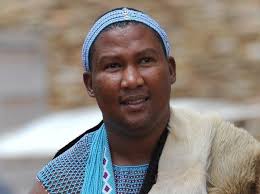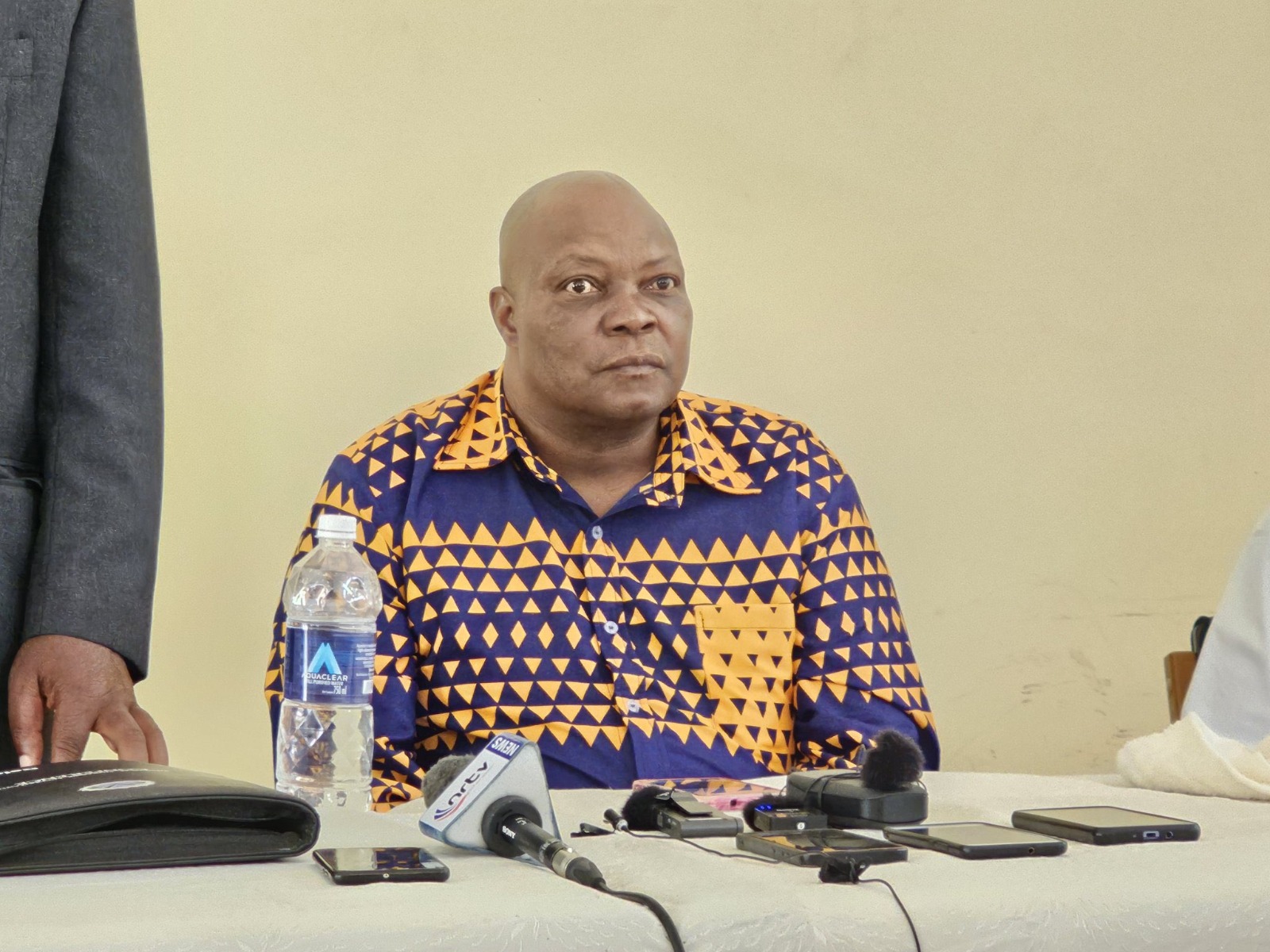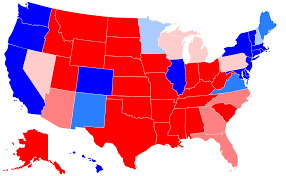Introduction
Mandla Mandela, the grandson of the late President Nelson Mandela, has continued to solidify his role as a prominent leader in South Africa. His family’s legacy as champions of freedom and equality makes his contributions particularly significant in the current socio-political climate. As the country grapples with issues related to economic inequality and social justice, Mandla’s efforts embody the enduring values of the struggle against apartheid.
Background and Career
Born on 13th February 1974, Mandla Mandela has been influenced deeply by his family’s history. He studied law and has held various positions in public service and within the ANC (African National Congress). His role as a member of Parliament represents a commitment to the ideals promoted by his grandfather. In addition to politics, Mandla has been involved in various business ventures that aim to uplift communities economically.
Recent Developments
Recently, Mandla Mandela made headlines with his commentary on land reform policies in South Africa. During a community meeting held in the Eastern Cape, he emphasized the need for creating equitable solutions that respect the rights of both the landowners and the landless. His statements have ignited discussions about land ownership and restoration as key components of social justice. Moreover, Mandla has advocated for youth engagement in politics, encouraging younger generations to take an active role in shaping the future of South Africa.
Community Initiatives
Mandla Mandela has also been at the forefront of multiple community initiatives. He has established projects aimed at promoting education, healthcare, and entrepreneurship, reflecting the ideals of his grandfather. His commitment to these causes aligns with ongoing national efforts to address the historical injustices faced by marginalized communities. One notable program is the Mandela Schools Project, which aims to improve educational resources in underprivileged areas.
Conclusion
As Mandla Mandela continues to navigate the complex landscape of South African politics, his legacy remains a blend of his grandfather’s teachings and modern governance challenges. His active participation in land reform discussions and youth advocacy signifies a hope for a more equitable future in South Africa. For readers, understanding Mandla Mandela’s journey provides insight into the continued evolution of leadership in a country that is still shaping its identity post-apartheid.


